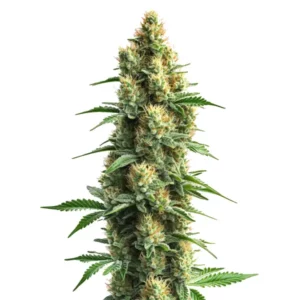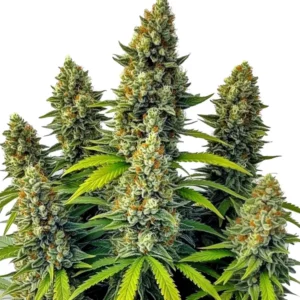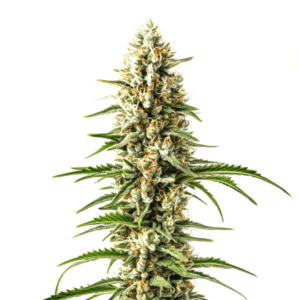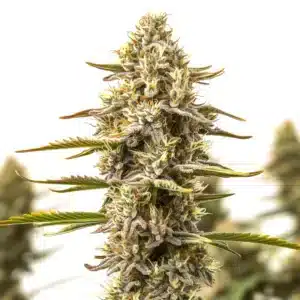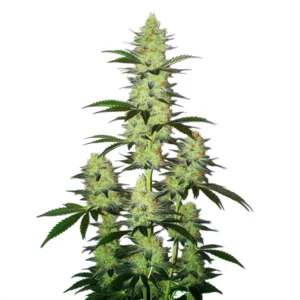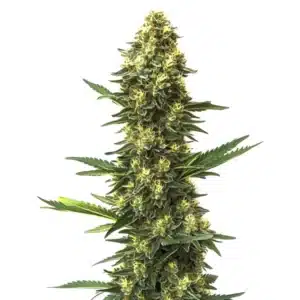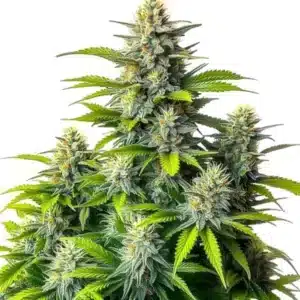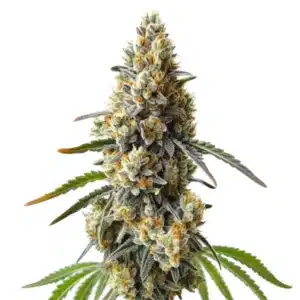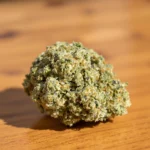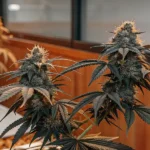
THCO vs THCP: A Comparative Look into Two Cannabinoids
When discussing cannabinoids, most cannabis enthusiasts immediately think of THC and CBD. However, the cannabis plant contains hundreds of cannabinoids, with researchers isolating and discovering new ones every year. Among these are THCO and THCP, two compounds gaining significant attention.
It’s crucial to understand them correctly. THCO (THC-O-Acetate) is a semi-synthetic cannabinoid derived from THC, while THCP (Tetrahydrocannabiphorol) is a naturally occurring, highly potent cannabinoid. A significant concern with these novel cannabinoids is the lack of research on their long-term effects on the human body, especially at high concentrations. This guide will provide a clear, factual comparison of THCO vs THCP.
Recommended Strains
Orka
|
|
THC | 20% - 22% (Medium) |
|
|
Type | Feminized |
|
|
Yield | High |
|
|
Phenotype | 40% Indica / 60% Sativa |
Chemdog Auto
|
|
THC | 18% - 20% (Medium) |
|
|
Type | Autoflowering |
|
|
Yield | Low |
|
|
Phenotype | 60% Indica / 40% Sativa |
The Chemical Structure
The difference between THCO and THCP starts with their origin and chemical structures.
THCP is a natural phytocannabinoid, similar to THC, but with a longer seven-carbon alkyl side chain (THC has five). This longer chain is believed to allow it to bind much more strongly to the body’s cannabinoid receptors, leading to significantly stronger effects.
THCO, on the other hand, is not found naturally in the plant. It is created in a lab by altering THC through a chemical process called acetylation. This modification makes it a ‘prodrug,’ meaning it becomes much more bioavailable after being metabolized by the body, which is the source of its intense potency and delayed onset.
The different cannabinoids in a strain work together, creating a unique effect known as the ‘entourage effect’. The presence of minor cannabinoids can impact the overall experience of consuming a strain like BC Diesel.
Promos & Deals
THCO vs THCP: Effects and Potency
When comparing the effects, it’s important to note that both are considered significantly more potent than traditional THC. THCP is believed to be over 30 times more active at cannabinoid receptors than THC, leading to a very intense and fast-acting high. THCO’s effects are often described as being more psychedelic and spiritual, but they have a noticeable delay in onset (around 20-30 minutes) because the body must first metabolize it.
Remember, the effects can vary greatly depending on individual tolerance, metabolism, and other factors. While preliminary findings suggest that THCP may bind more strongly to cannabinoid receptors, the overall experience is also influenced by other compounds like terpenes.
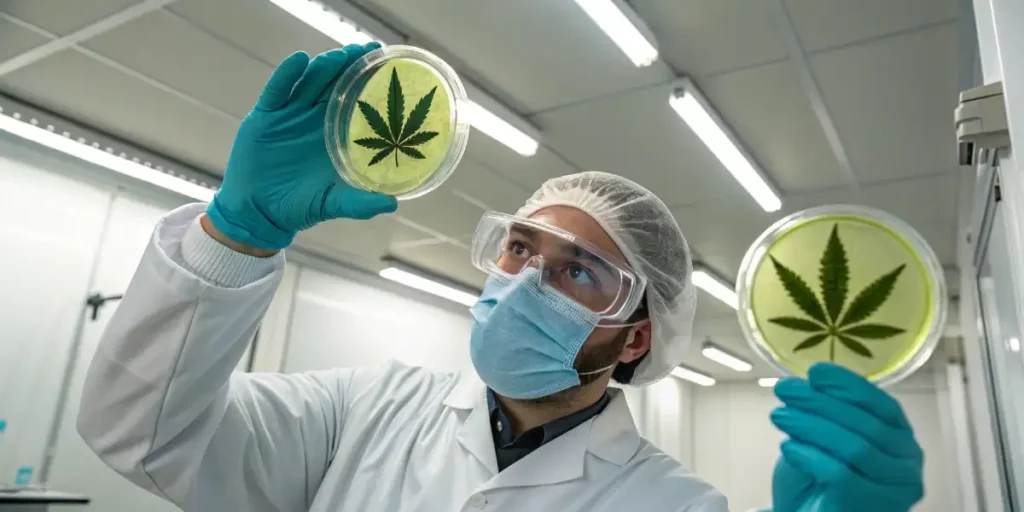
Prevalence in Cannabis Strains
The prevalence of these photoreceptors cannabinoids in different cannabis strains can vary. Some strains may have higher concentrations of one over the other. THCP is a naturally occurring but often very minor cannabinoid. THCO is not found in any strain as it is a synthetic product. Therefore, products containing THCO have had it added after extraction and conversion.
As we continue to learn more, growers and breeders are likely to develop new strains that specifically highlight the unique properties of natural cannabinoids like THCP.
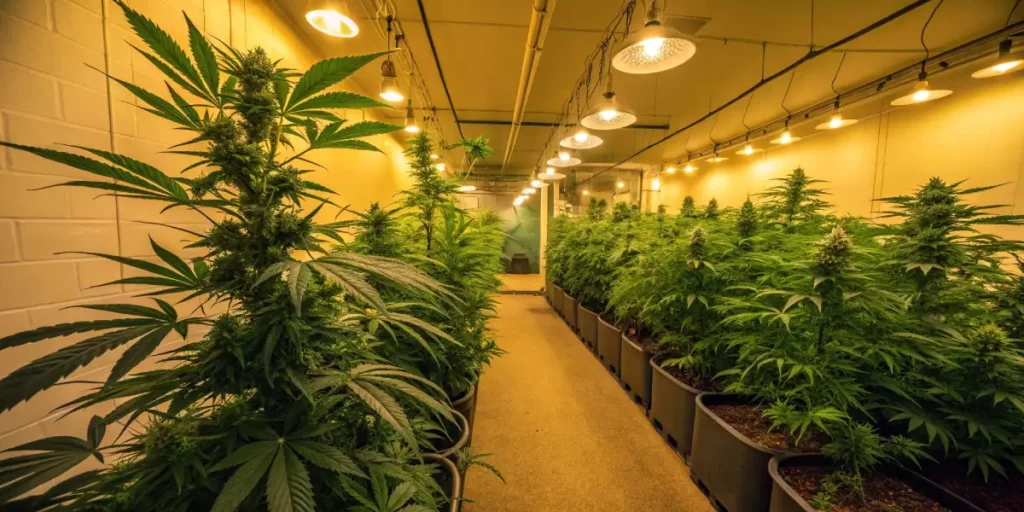
FAQs
What is the key difference between THCO and THCP?
The key differences are their origin and chemical structure. THCP is a natural cannabinoid with a longer carbon chain than THC, making it bind more strongly to receptors. THCO is a synthetic analog of THC, created in a lab, which becomes highly potent after being metabolized by the body.
Which is stronger?
Both are significantly stronger than traditional THC. Preliminary research suggests that THCP is one of the most potent naturally occurring cannabinoids due to its strong receptor binding. THCO is also extremely potent, but its effects have a delayed onset. Individual experiences can vary greatly.
How do THCO vs THCP affect the effects of cannabis?
They can significantly alter the overall effects of cannabis. Their high potency means that even in small amounts, they can dominate the user’s experience, potentially overshadowing the more subtle contributions of the entourage effect from other compounds.
Can I find THCO and THCP in all cannabis strains?
No. THCP is a very rare, minor cannabinoid found only in trace amounts in some strains. THCO is not found naturally in any cannabis strain; it is a synthetic compound that is added to products.


